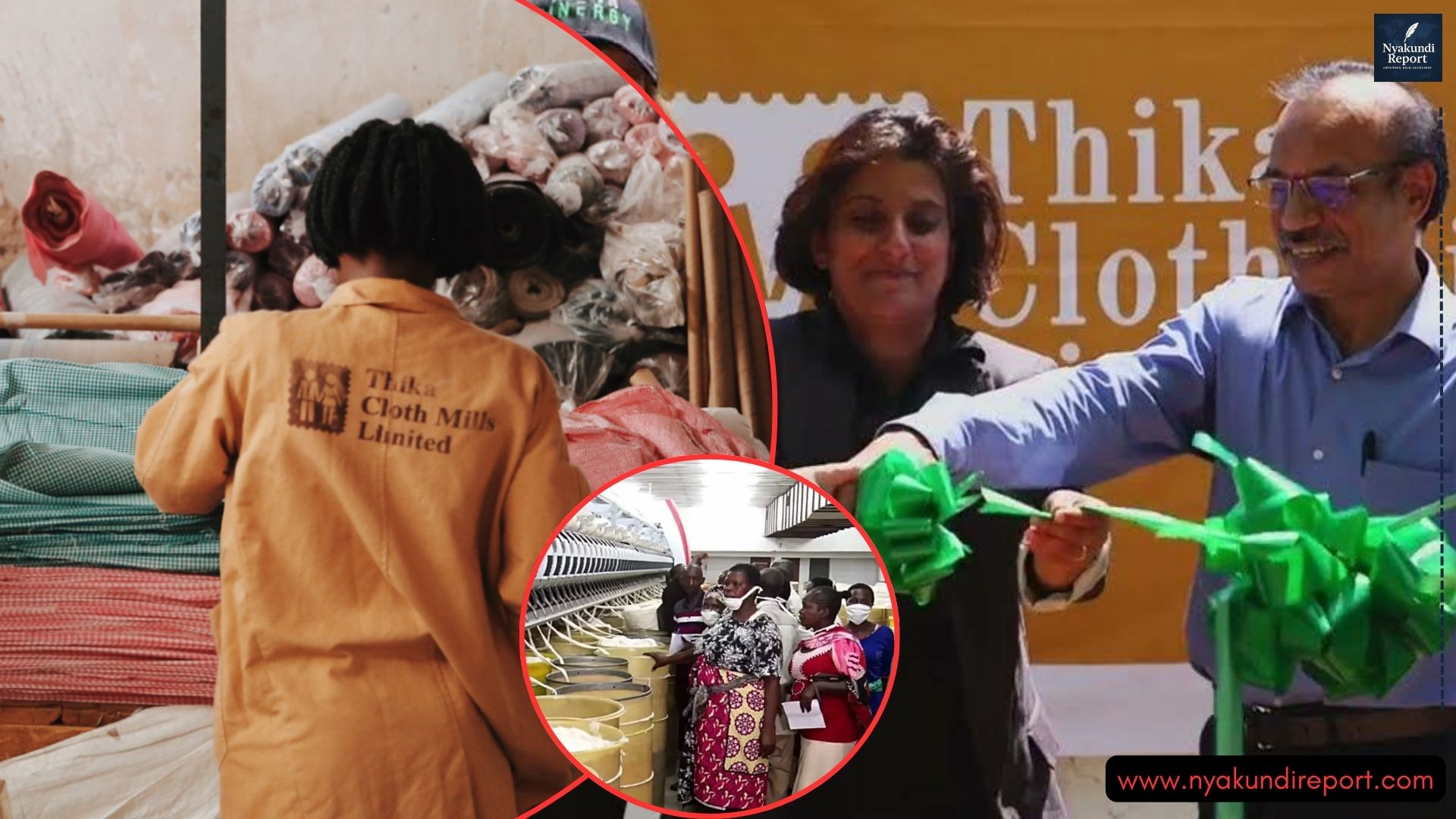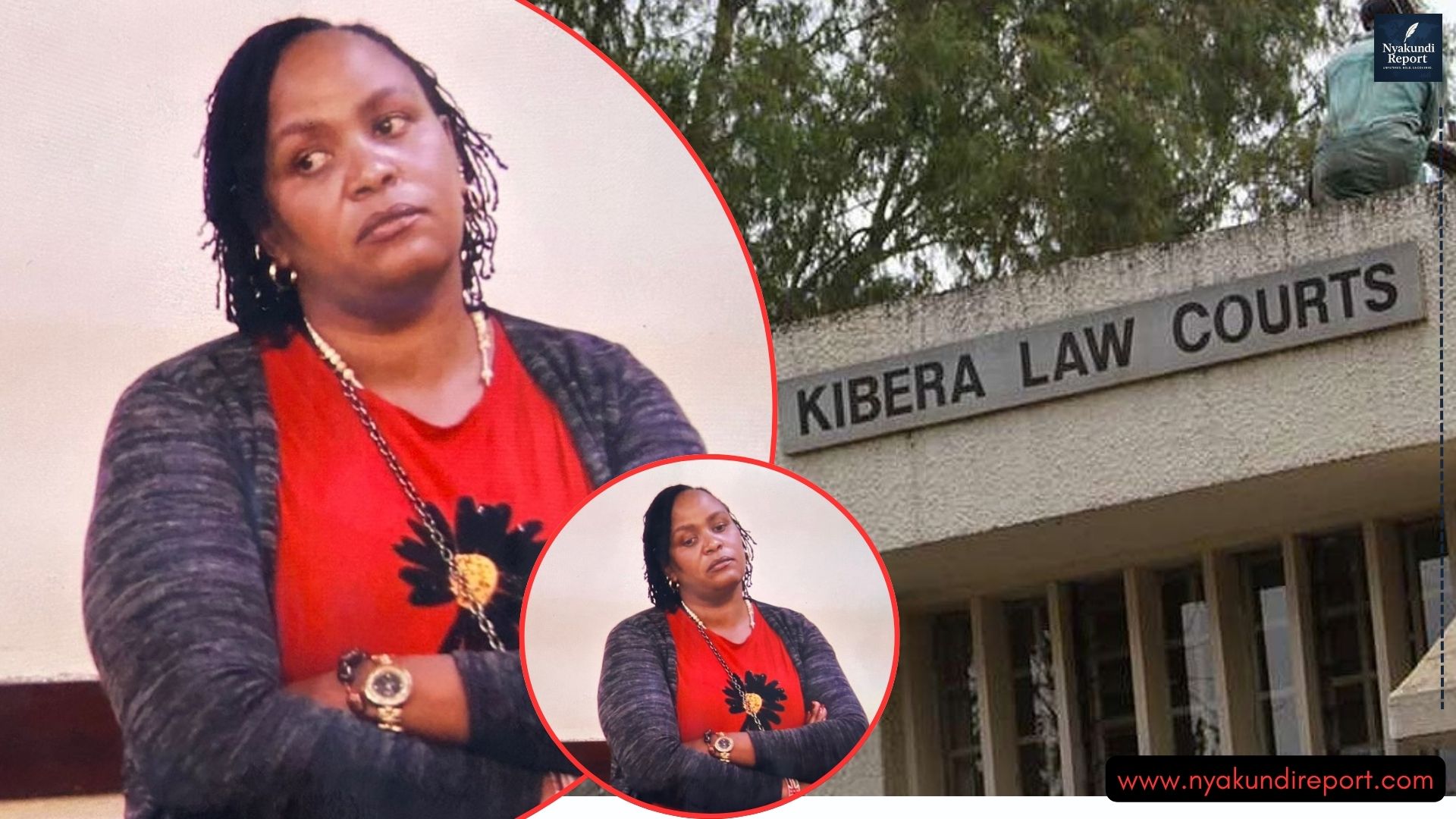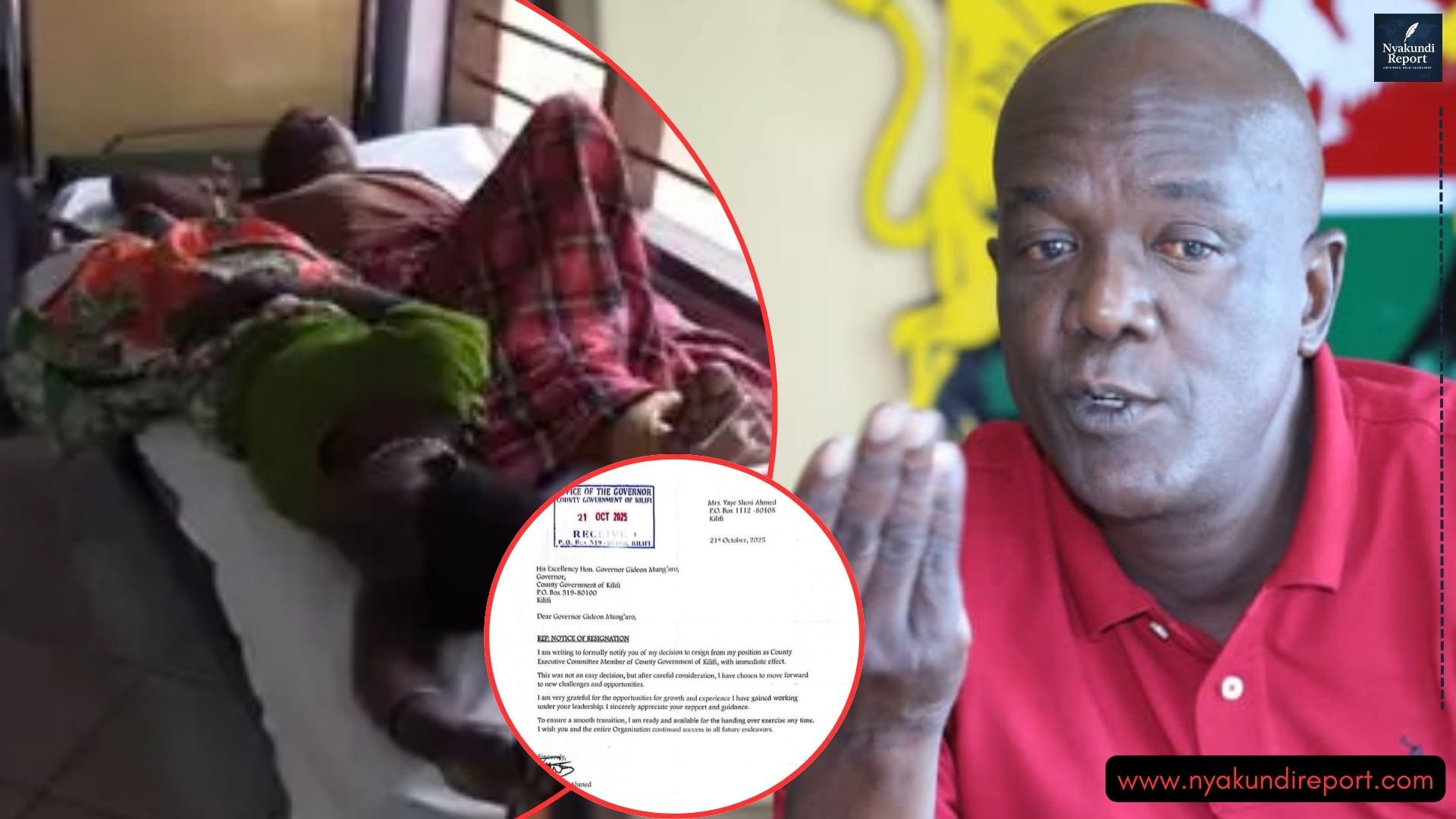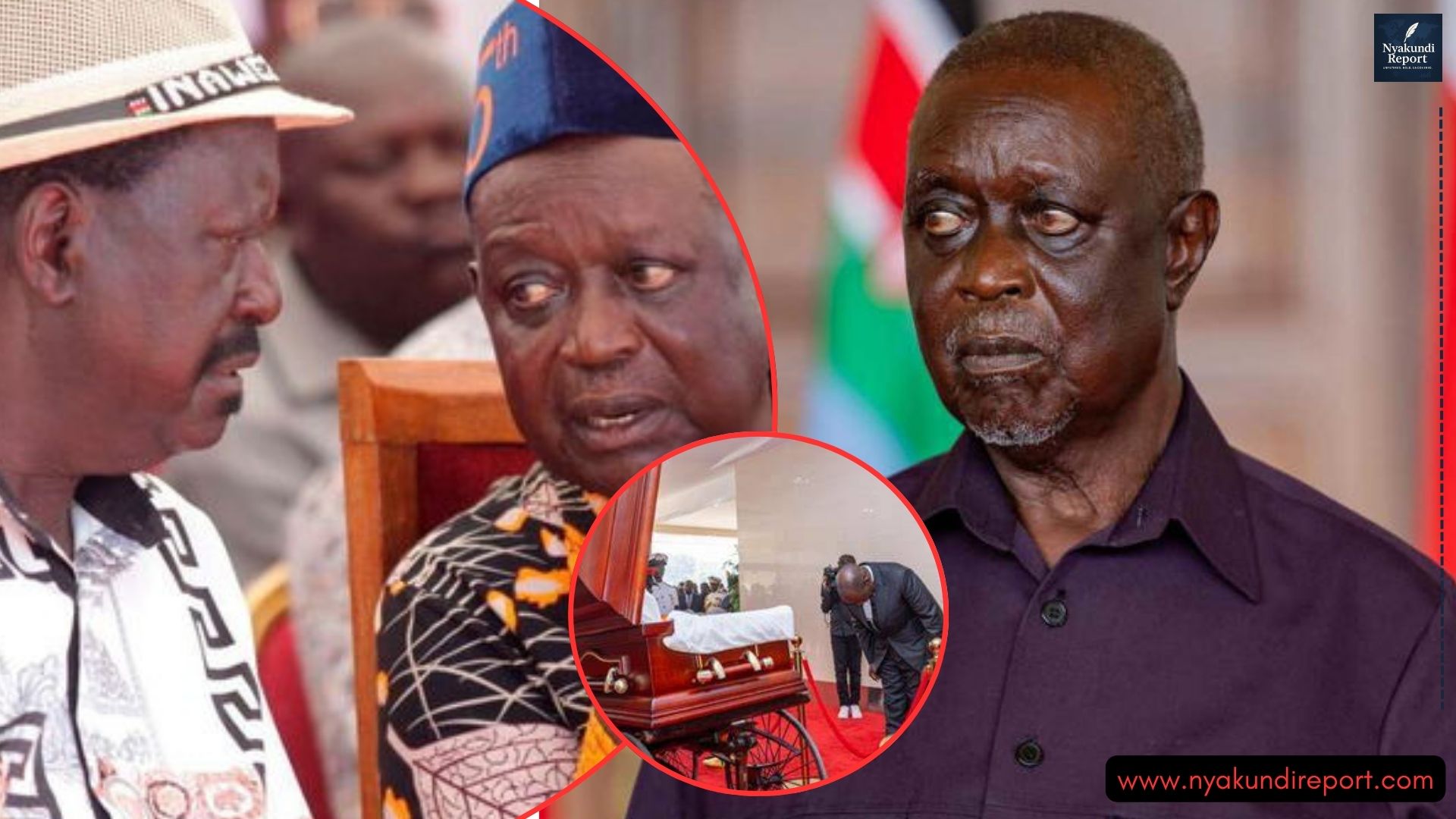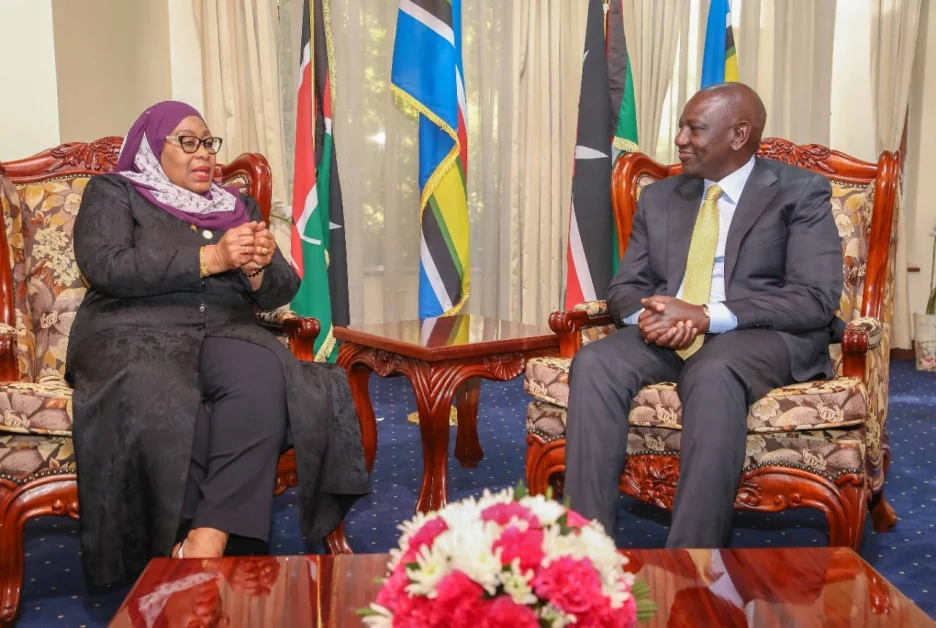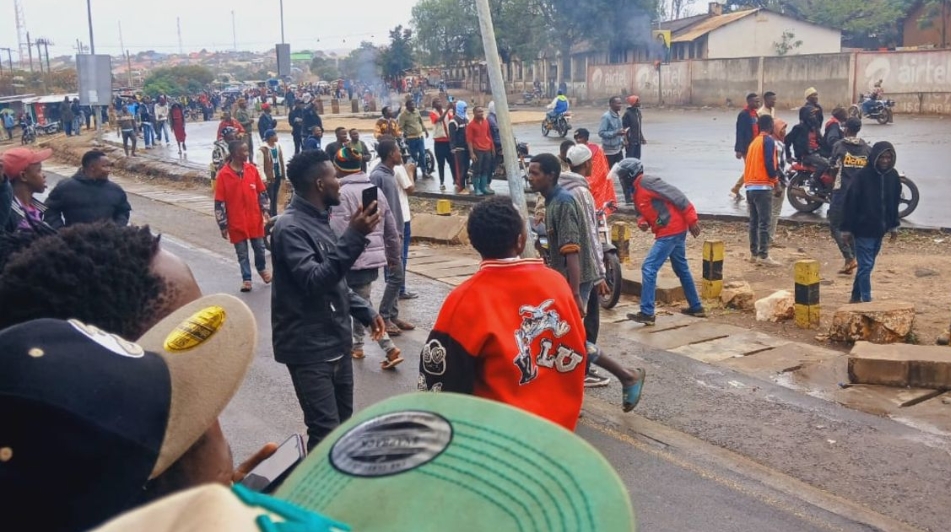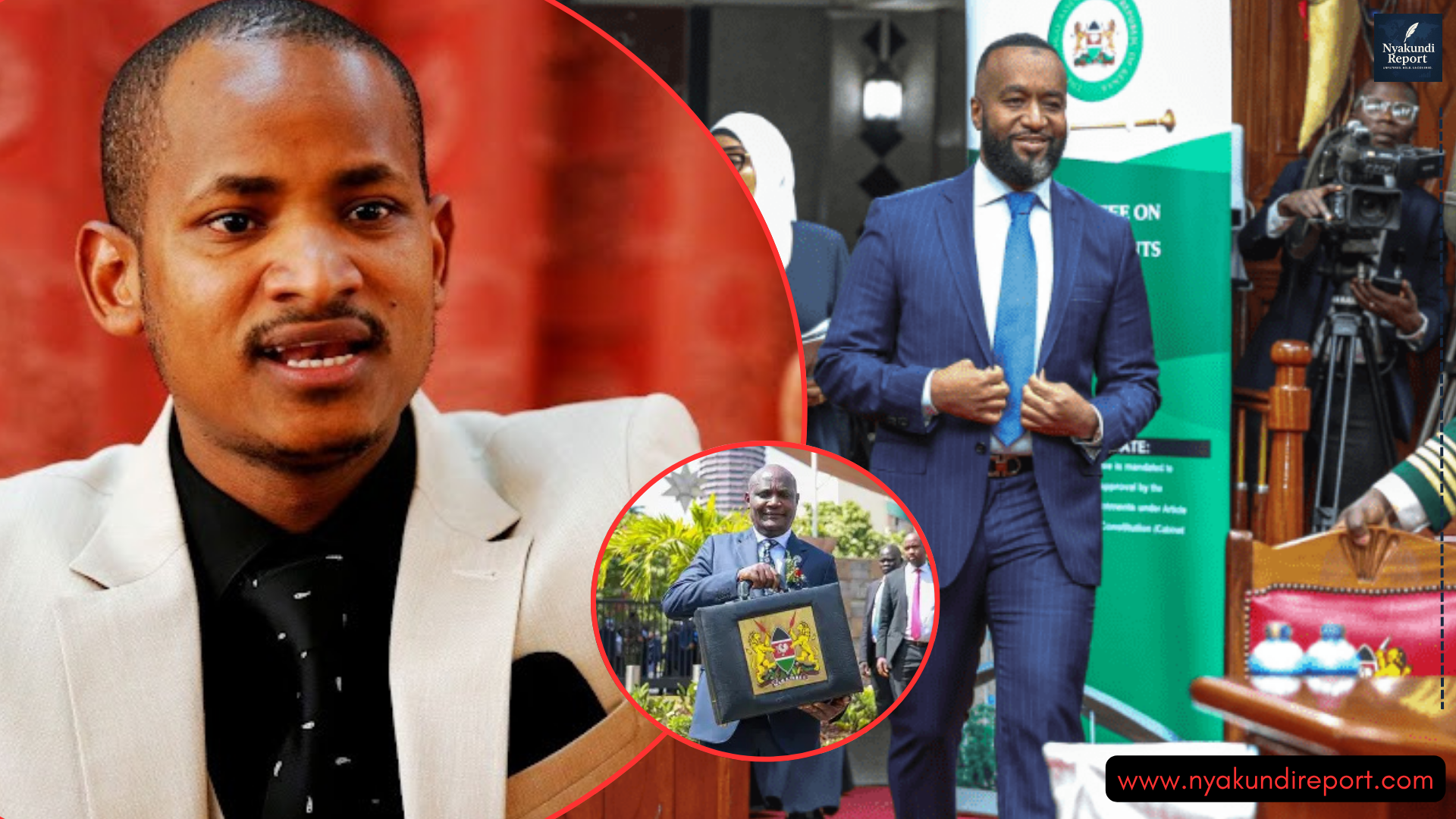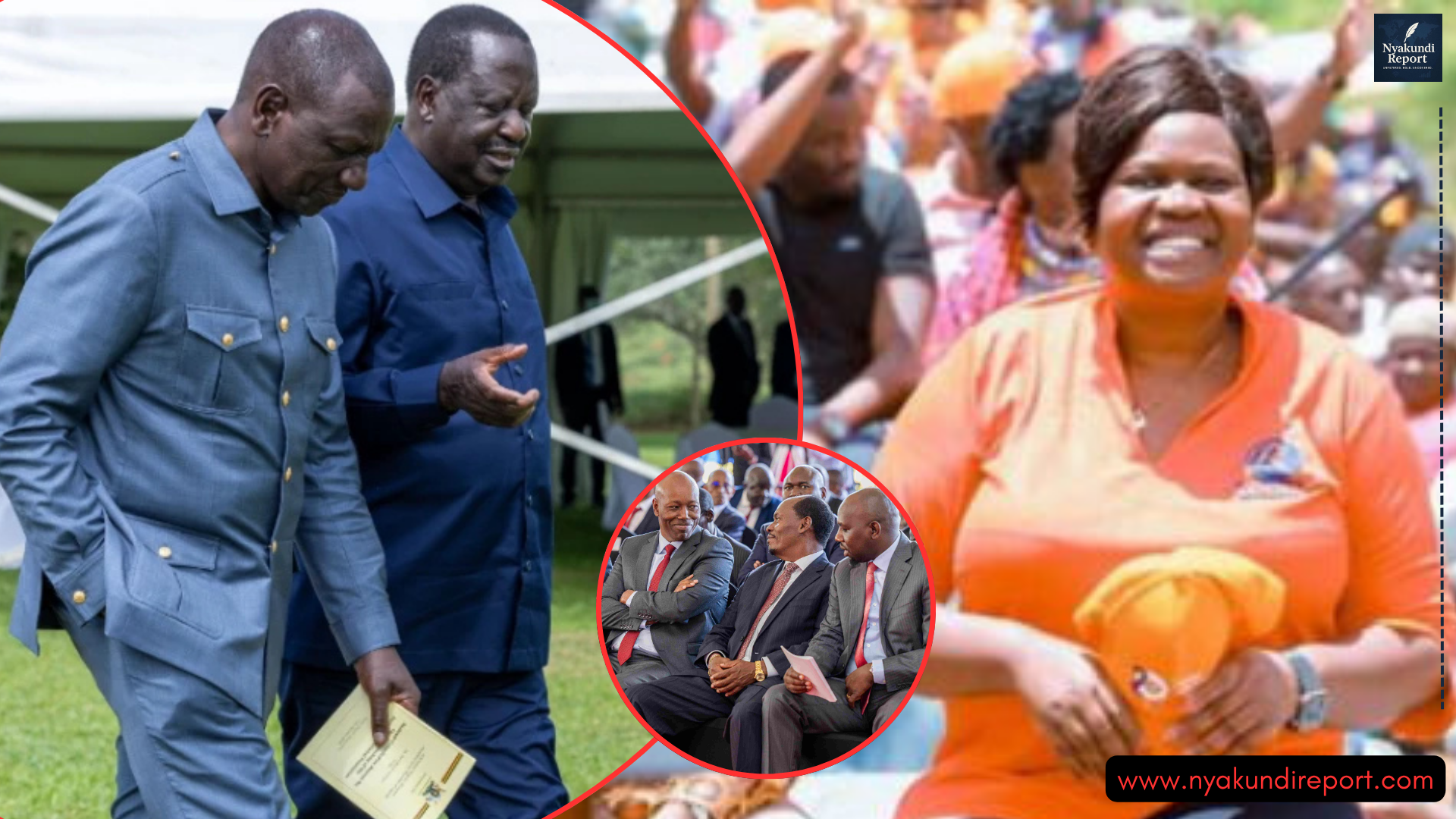In Thika’s industrial zone, whispers of corruption have grown into a loud outcry. Employees of Thika Cloth Mills say they have been betrayed—not just by their employer, but by the very Ministry of Labour officials meant to protect them.
Sources allege that top directors of the textile firm have compromised ministry staff, ensuring no action is ever taken despite years of suffering by workers waiting for their rightful benefits. Behind closed doors, deals are struck, and justice is quietly buried.
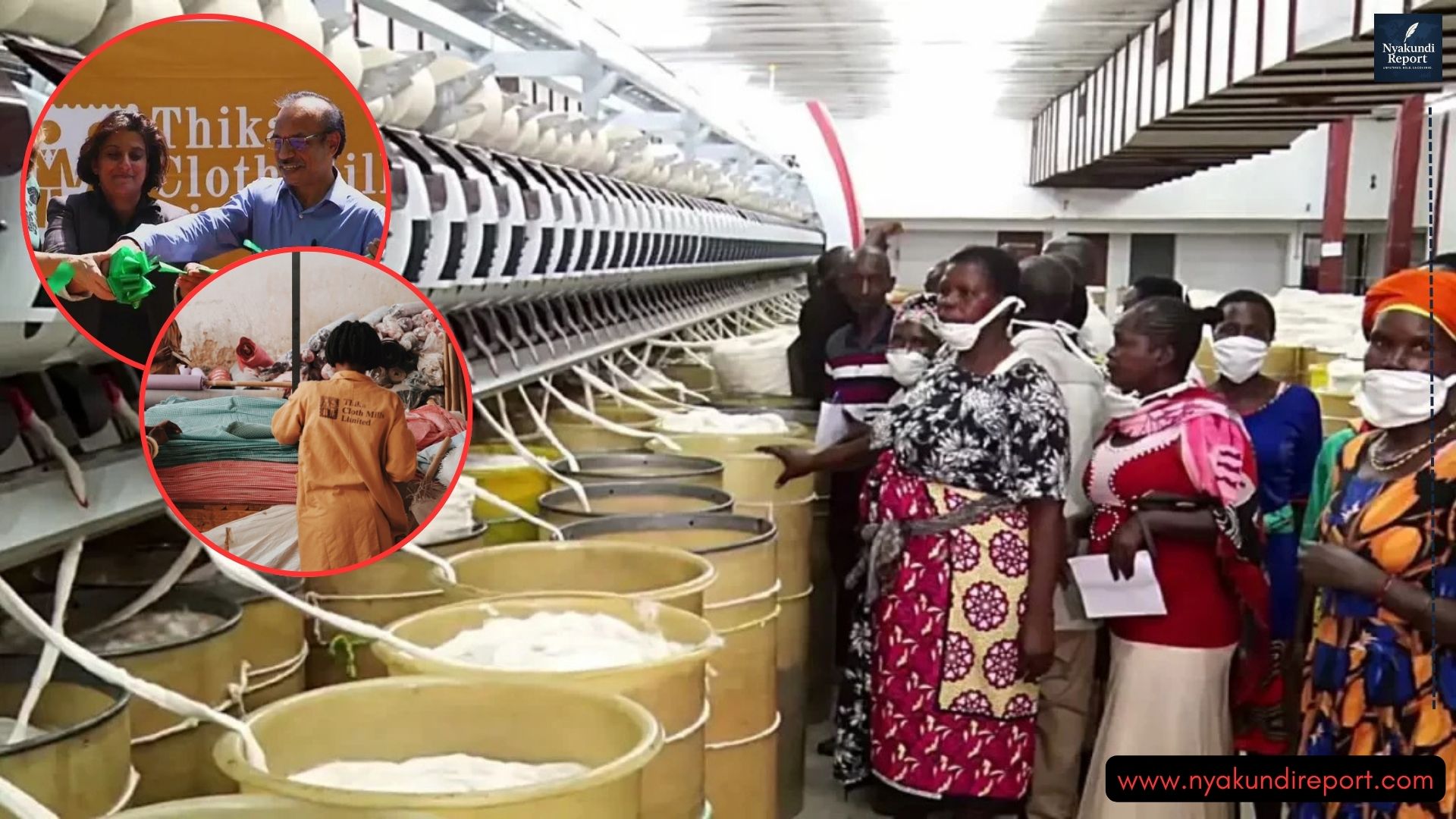
Thika Cloth Mills Employees Cry for Justice
For years, the workforce of Thika Cloth Mills has endured financial pain and manipulation. Workers claim that while the company continues its operations, their longstanding entitlements remain unpaid. Despite multiple interventions by the Labour Ministry, employees say promises to implement pension schemes and negotiated benefits have gone unfulfilled.
According to staff members, their contributions—deducted over several years—have never been remitted. Many fear they will retire with nothing to show for decades of service. Several attempts to seek help from the Labour Ministry have reportedly fallen on deaf ears. Workers believe the ministry’s silence is not accidental but the result of collusion between company officials and government officers.
One worker lamented that every time they try to demand accountability, ministry inspectors show up briefly, take notes, and disappear—only for the management to boast that “nothing will happen.”
The Untouchable Managing Director
At the center of the storm is Managing Director Tejal Dhodhia, whom employees describe as “untouchable.” Dhodhia allegedly intimidates those who question the company’s handling of staff benefits. Workers report that their pleas for clarification have been met with threats, abrupt dismissals, or deliberate transfers designed to silence dissent.
Nyakundi Report has learned that internal communications reveal a troubling trend—proposals to remove key employee benefit clauses from the company’s collective bargaining agreement (CBA). The move would erase historic worker protections, a prospect that has sparked panic among staff.
“It’s like they want to rewrite the rules to benefit themselves,” said one longtime employee. “They know the Labour Ministry won’t intervene because they’ve already pocketed the officers who should protect us.”
How Corruption Blocked Oversight
Evidence seen by Nyakundi Report suggests that certain Labour Ministry officials assigned to monitor Thika Cloth Mills have received “facilitation” payments from the company. Insiders allege that these payments ensure reports of violations are either watered down or never filed.
Workers claim that when they escalate complaints to higher offices in Nairobi, the documents “mysteriously disappear.” The pattern, they say, has continued under the watch of Labour Cabinet Secretary Alfred Mutua, whose office has yet to take decisive action despite repeated petitions.
Employees describe a web of intimidation within the plant. Some union leaders have reportedly joined hands with management, acting as informants and leaking workers’ grievances back to the directors. This betrayal has left employees feeling isolated and powerless.
“They’ve captured everyone—the ministry, the union, even the local labour office,” said another worker. “If you speak out, they threaten you with disciplinary action.”
Calls for Accountability
Human rights groups and labour activists are now urging the government to launch an independent investigation into Thika Cloth Mills and its dealings with Ministry of Labour officials. They argue that the situation represents a broader crisis of accountability in Kenya’s industrial sector.
Experts say the case highlights how corruption within labour oversight bodies allows private companies to exploit workers without consequence. If confirmed, the collusion between ministry staff and company executives would violate multiple labour and anti-corruption laws.
The affected employees have vowed to continue pushing for justice despite intimidation. They are calling on CS Alfred Mutua to intervene personally and restore faith in the Ministry of Labour.
For now, the workers of Thika Cloth Mills remain trapped—victims of a broken system where those with money and connections evade responsibility, while ordinary employees continue to toil in silence and fear.

